Small firms fighting for insurance pay-outs due to the coronavirus lockdown have welcomed a court judgment which should help some advance their claims - but may see others lose out.
The decision on a closely-watched test case brought by the Financial Conduct Authority (FCA), the City watchdog, is estimated to affect 370,000 businesses and £1.2bn worth of claims.
Campaigners on behalf of the firms said the complex, 162-page ruling was a lifeline but the insurance industry said it had come down evenly on both sides.
Shares in Hiscox, one of the eight insurance companies involved in the case, rose sharply after it said the finding would result in a hit of less than £100m, £150m lower than its upper estimate of the cost.
The FCA brought the case after firms such as cafes, wedding planners and beauty parlours said they faced ruin after they were turned down by insurers when they attempted to claim for the business interruption (BI) losses caused by the lockdown.
It sought to clarify whether 21 policy wordings should pay out for closures and disruptions that were caused by the coronavirus.
Following the judgment, the FCA said the ruling had "substantially found in favour of the arguments we presented on the majority of the key issues".
The watchdog's interim chief executive Christopher Woolard said: "Coronavirus is causing substantial loss and distress to businesses and many are under immense financial strain to stay afloat.
"Our aim throughout this court action has been to get clarity for as wide a range of parties as possible, as quickly as possible."
Mr Woolard said the judgment "removes a large number of those roadblocks to successful claims, as well as clarifying those that may not be successful".
The judgment was welcomed by the Hiscox Action Group, representing hundreds of small firms.
Richard Leedham from Mishcon de Reya, the law firm which represented the group, said: "Today's judgment by the High Court is one of the most significant in recent years and will provide a lifeline for small businesses across the country."
Huw Evans, director-general of the Association of British Insurers, said: "Insurers have supported this fast-track court process led by the FCA to help bring clarity for customers and we welcome the speed with which the court has delivered a ruling.
"The judgment divides evenly between insurers and policyholders on the main issues."
Court judgment does little to bring clarity
Analysis by Ian King, business presenter
It looks to be round one to the small businesses.
This morning's 162-page judgement from the High Court appears to have found for the Financial Conduct Authority and thousands of small businesses who claimed they were entitled to make claims on business interruption policies arising disruption from COVID-19.
Potentially it means that hundreds of thousands of small businesses - at least 370,000 policyholders are thought to have been affected, chiefly in the pub, hotel and restaurant sectors - could now be in line for payouts running into hundreds of millions of pounds.
Many more policyholders, who had previously not joined the court action, may now seek recompense as well.
On the face of it, then, it is a setback for the eight insurers, including Hiscox, Zurich Re, Amlin and RSA, which participated in this test case.
But it is important to stress that the judgment was not a clean sweep for the plaintiffs.
As the FCA, which brought the test case, noted, the High Court found "in favour of the arguments advanced for policyholders by the FCA on the majority of the key issues".
But the High Court did not rule that the eight defendant insurers were liable across all of the 21 different types of policy wording that featured in the test case.
In other words, policyholders are going to have to study the wording of their business interruption cover very carefully, checking against what the High Court judgment said about their particular policy.
The early indications are, though, as Kate Nicholls, chief executive of the trade body UK Hospitality was quick to point out, that business interruption insurance policies with pandemic or notifiable disease clauses are covered and that their claims should be met.
And the insurers do appear to have lost on some major points of principle.
Chief among these was their argument that the business interruption cover they provided was only for a local occurrence of a notifiable disease and only covered the effects of a local outbreak of COVID-19.
The FCA argued that whether or not there had been an outbreak of COVID-19 in the local area was not relevant and the High Court agreed, ruling that because there had been so many outbreaks of the virus, business interruption had been caused in any case.
It said that, with the exception of a couple of the policies covered in the ruling, each local individual example of business interruption should be regarded as having been caused by a number of individual outbreaks that were indivisible.
It is important to stress that this is only round one.
Both the FCA and the insurers defending the case agreed that, regardless of the High Court's ruling, there could be a fast-track appeals process going straight to the Supreme Court.
The Association of British Insurers, the main industry body, would say only today that "it will take a little time for those involved in the court case to understand what it means and consider any appeals".
Moreover, it is instructive to study the share price reaction of the listed companies involved in the test case, which suggests very strongly that investors think they have dodged a bullet.
RSA, for example, said today the judgement would cost it an estimated £104m that would fall to £85m following once its catastrophe reinsurance was applied.
It has, as a result, said it will resume dividend payments and its shares have accordingly risen by some 4%.
Even more dramatic was the share price reaction at Hiscox, the company regarded as having the most at stake in this case.
Its shares initially fell by 6% but have since moved sharply higher - up 16% at one point - after the company said that fewer than one third of its 34,000 UK business interruption policies would have to pay out.
:: Subscribe to the Daily podcast on Apple Podcasts, Google Podcasts, Spotify, Spreaker
It added: "Coverage under these policies is essentially limited to those customers who were mandatorily closed by government orders, and then only in certain circumstances.
"As a result of the judgment, the group estimates additional COVID-19 claims arising from business interruption to be less than £100 million net of reinsurance…[this] is a reduction of £150 million from the upper end of the group's previously published risk scenario."
So, while this ruling will bring relief to many thousands of small businesses, the chances are that thousands more will remain disappointed when they check the wording of their policy against the High Court's judgement.
It is hard not to think that this judgement has done little to bring immediate clarity for thousands of small businesses fighting for their lives.
https://news.google.com/__i/rss/rd/articles/CBMibmh0dHBzOi8vbmV3cy5za3kuY29tL3N0b3J5L2Nvcm9uYXZpcnVzLXNtYWxsLWZpcm1zLXdlbGNvbWUtaW5zdXJhbmNlLWp1ZGdtZW50LWJ1dC1zb21lLWNvdWxkLWxvc2Utb3V0LTEyMDcyMzcx0gFyaHR0cHM6Ly9uZXdzLnNreS5jb20vc3RvcnkvYW1wL2Nvcm9uYXZpcnVzLXNtYWxsLWZpcm1zLXdlbGNvbWUtaW5zdXJhbmNlLWp1ZGdtZW50LWJ1dC1zb21lLWNvdWxkLWxvc2Utb3V0LTEyMDcyMzcx?oc=5
2020-09-15 11:57:55Z
52781063678669
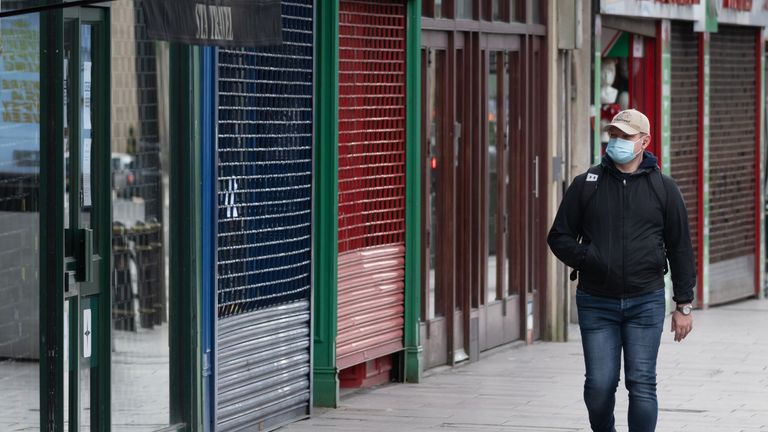
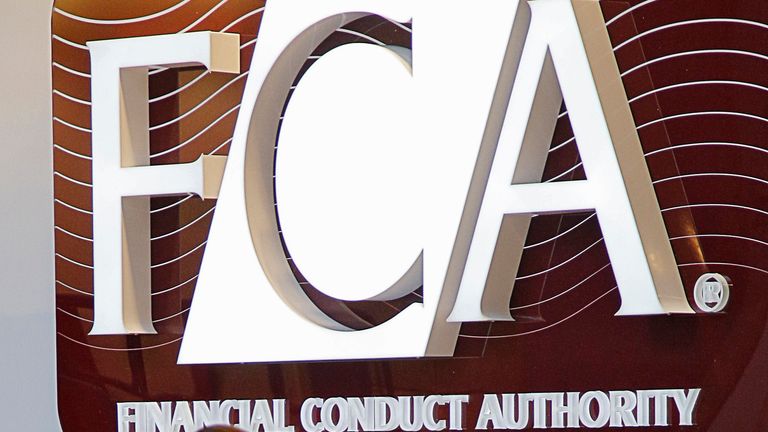
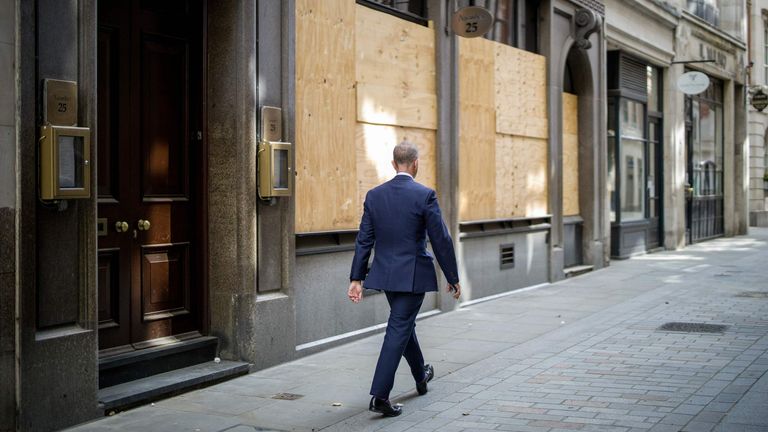
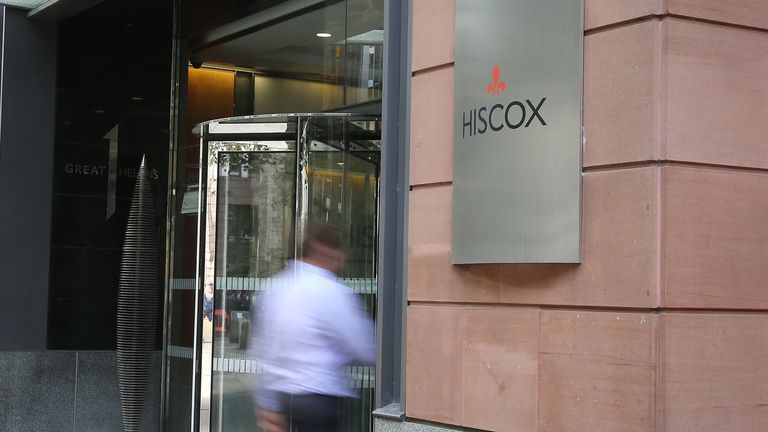
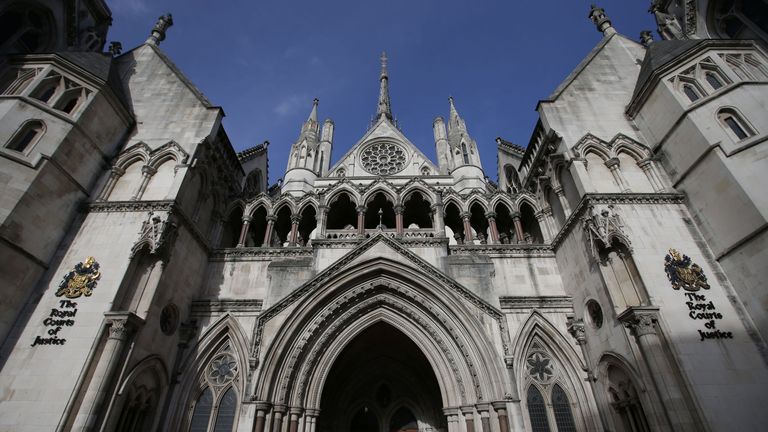
Tidak ada komentar:
Posting Komentar